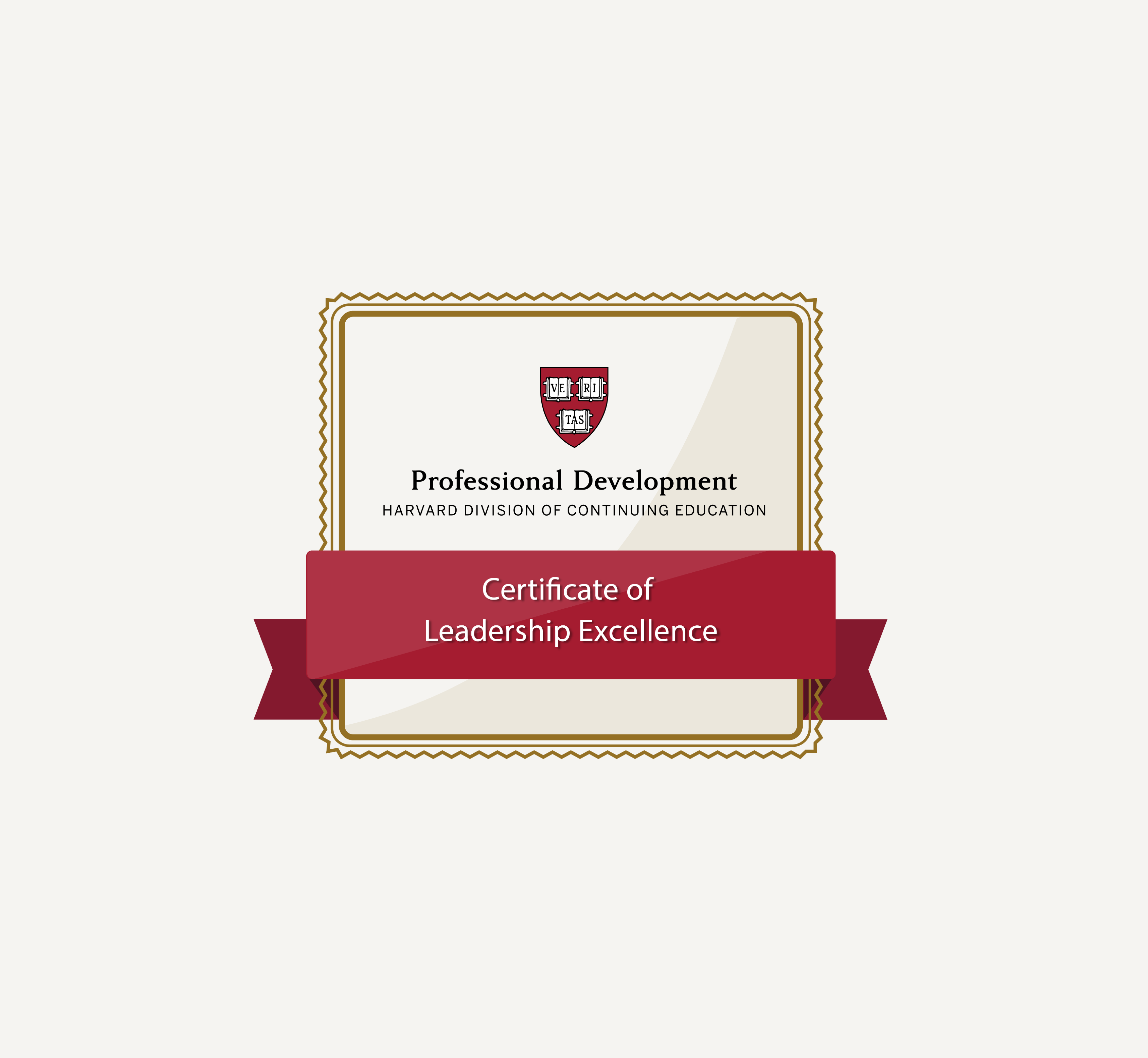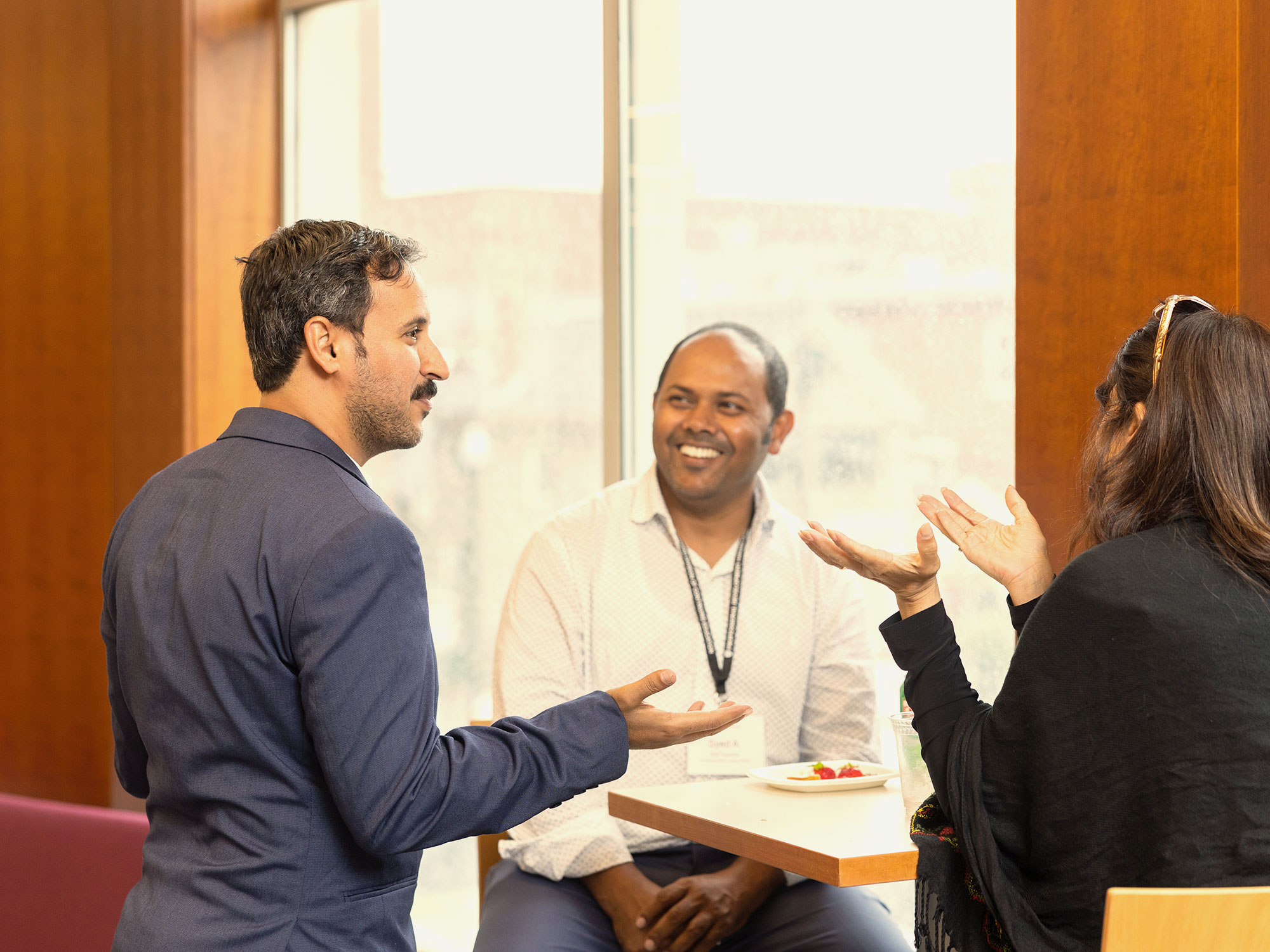Design Thinking Course Overview
Design thinking is an indispensable approach in today’s business landscape, transforming how companies address user needs and innovate. This course empowers participants to unearth innovative solutions that resonate with the deep-seated, unmet needs of their customers. Whether designing for employees, students, citizens, stakeholders, or any end-user, this course equips you with the tools to identify and address their needs effectively.
By embracing design thinking principles, team leaders and management gain practical strategies for fostering innovation within their organizations. Through this program, participants cultivate an innovative and empathetic mindset, leveraging techniques such as user research, journey mapping, and rapid prototyping to enhance the customer experience. Additionally, participants explore internal barriers to innovation and strategies for championing groundbreaking ideas within their organizations.
This program welcomes participants to bring their own projects and business challenges to the table, ensuring a hands-on, practical learning experience. Through tangible techniques and applications, participants gain leadership insights that can be immediately applied in their work environments.
Benefits of Design Thinking Training
Upon completion, participants gain practical skills to overcome barriers and effectively implement human-centered design within their organizations. This program equips leaders with the tools to create an environment conducive to innovation and collaboration, navigating team dynamics with finesse.
Participants will learn how to:
- Enhance their Design Thinking toolkit with real-world implementation best practices, prototyping techniques, and strategies for demonstrating success.
- Tackle complex challenges using established design thinking frameworks.
- Collaborate effectively with cross-functional teams, introducing design thinking methodologies within real-world constraints.
- Secure organizational buy-in and support to bring innovative ideas to fruition.
All participants receive a Certificate of Completion from the Harvard University Division of Continuing Education.
Who Should Take Design Thinking
This program is designed for managers and team leaders who want to deepen their integration of design thinking within their organizations to inform business challenges and drive opportunities. It’s ideal for professionals in diverse industries — including education, government, technology, healthcare, retail, finance, and entertainment — who aspire to lead innovation efforts and enhance customer experiences. If you’re a leader looking to create impactful change and foster a culture of innovation, this program is for you.
Curriculum
This program seamlessly blends theoretical knowledge with practical, real-world applications, nurturing and refining participants’ design thinking abilities to lead their teams and organizations through transformation.
The program curriculum will focus on:
- Cultivate customer empathy and uncover user insights to drive more informed and impactful leadership decisions.
- Exploring innovative techniques for generating and prioritizing ideas, driving transformative change.
- Bringing ideas to life through prototyping, transforming concepts into interactive experiences.
- Leveraging instructors’ extensive experiences and case studies to illustrate the practical application of design thinking across diverse organizations.
- Addressing challenges spanning technical, logistical, and cultural dimensions.
- Identifying and overcoming organizational barriers to accelerate the adoption of design thinking and innovation leadership.
- Utilizing the appropriate tools, techniques, and best practices to drive evidence-based decision-making and secure corporate buy-in.
July Schedule
Day 1
- Design Thinking Process: Learn-Design-Test-Model
- Understanding the Customer and Identifying Insights and Opportunities
Day 2
- Ideation and Prioritizing Ideas
- Designing Prototypes
Day 3
- Innovation Capability and Making it Real
- Barriers to Moving Ideas Through Companies
Instructors
-
![Jon Campbell]()
Jon Campbell
Jon has led client engagements with a breadth of organizations from startups to Fortune 50 companies, including UnitedHealthcare, Pepsico, Sun Life Financial, and the City of Boston. He leads experience and service design for Continuum, a global innovation design consultancy. -
![Sarah Callaway]()
Sarah Callaway
Sarah is an Associate Director of Innovation Consulting at EPAM Continuum. Blending analytical rigor with an appreciation for the human experience, she employs a design thinking approach to help companies discover new business opportunities, assess the value and impact of proposed ideas, and launch innovative products and services. She has taught Design Thinking at MIT, Babson College, and Harvard.

I’ve used those [Design Thinking] tools to help me think through how I can guide my clients — including individuals, executives, and teams — into more of a design-centered and innovative mindset.
Executive Coach, Leadership & Management Consultant, Resources for Leading
Earn a Certificate of Leadership Excellence
The Certificates of Leadership Excellence (CLE) are designed for leaders with the desire to enhance their business acumen, challenge current thinking, and expand their leadership skills.
This program counts toward the CLE in Strategy and Innovation.
Register today and get started earning your certificate.

FAQ
What is design thinking and why is it important?
Design thinking is the set of principles and procedures used in the process of designing, which includes identifying problems and taking both creative and practical approaches to solving them.
Ongoing innovation is critical to sustained growth and positively differentiated customer experiences. The methods and techniques of design thinking are user-centered and through journey mapping, designers can distill findings, prioritize needs, and create a holistic experience.
How will this design thinking training program help me advance in my career?
This hands-on workshop gives professionals practical tools for applying a versatile four-step design thinking process within their organizations. You will learn how to identify hidden customer needs and improve the customer experience through interviews, journey mapping, and prototyping. This design thinking course will also offer creative solutions to overcoming organizational barriers during the adoption of design thinking.
What skills or experience is needed before enrolling in this training?
Professionals interested in improving customer experiences and integrating design thinking into their companies and businesses will gain value from this design thinking course.


